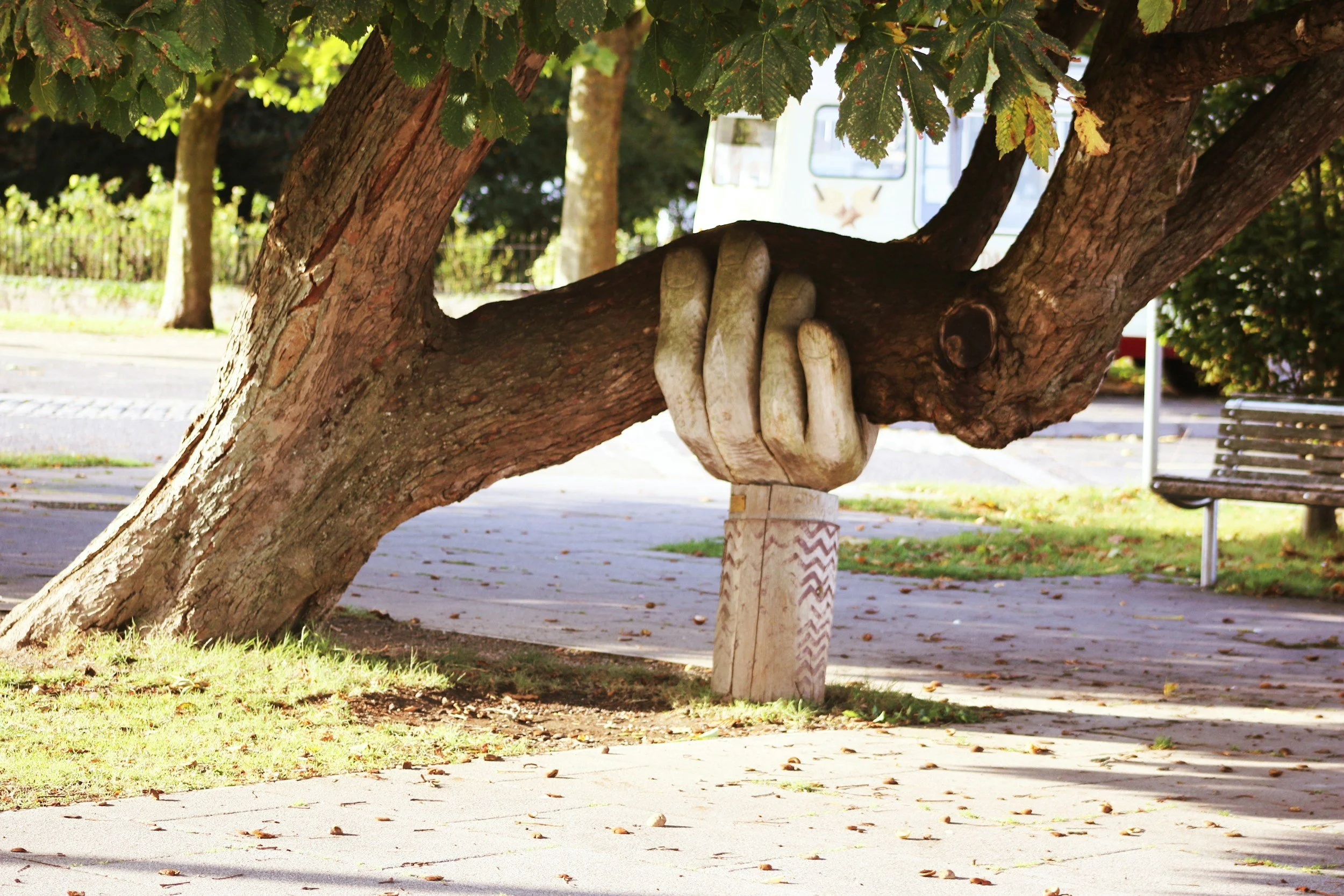Will you help me, help them?
/Will you help me, help them?
John Paul Derryberry
It’s often discouraging to see the state of how we are currently treating each other. We continue to draw battle lines, and people are pitted against each other. The amount of anger premeditating our interactions is way too high. Those two thoughts were with me constantly during my long runs on vacation with my family. As I climbed the bluffs around Red Wing, Minnesota, this week and remembered what an actual hill is, I couldn’t shake how deep I had to breathe despite all the running I normally do. I also couldn’t shake the thought that my chosen career, and storytelling, is all about bringing people from different backgrounds together and reminding communities that we have enough space, room, and resources for everyone.
I often tell folks, mental health struggles and trauma experiences do not care who you vote for, what religion you practice or do not practice, your sexuality, or gender identity. We often conduct ourselves in a way that suggests we will never be negatively affected by life. That’s not the way it works. I’m not one to join in on the blaming and finger-pointing. That all seems so pointless, like trying to act as if you are winning at life, even though life is still unfolding. Much like my runs this week of thinking every little flat area I saw was the summit, only to realize there was still more uphill to climb. So, on the long downhill from Memorial Park in Red Wing, a thought occurred to me about how I would traverse a period of such upheaval, decisions, and anger.
Throughout my career, it’s often the moments when I simplify a complex program's solution that progress occurs. I guess one could say I do follow the Occam’s Razor line of thinking. It’s often the simple solutions that untangle the complicated web of problems we have woven. Lately, that has meant asking the simple question to bridge the gap between different groups of folks. Are you willing to help me, help them? It doesn’t really matter who they are; it’s a question that crosses ideological lines and boils down to your willingness to help, instead of freaking out, grandstanding, judging, or making excuses. See, most of us want to help our community improve, but we often disagree on the methods we should take to achieve those goals. But if you are a helper, we have something to build on. Helpers are usually not cruel with their solutions, but grandstanders and excuse makers often are. They have no accountability for the shouting they are doing about the problems our small, medium, and larger communities face.
But man, helper's care! Care enough to chip in with people they disagree with, people they normally wouldn’t associate with. It’s such a simple question: do you want to help the problem? People’s answers reveal whether they are worth your time. The only thing we all must not do is add qualifiers to that question. Do you want to help, and is there only one way to do so? That’s not help, that’s an ultimatum, and no one does well with those. I often find great assurance in the answers I receive, whether from the stumbles of complainers or the surprise I get from people who step up to help.
We face uncertainty in our communities due to the increasing complexities and the rapid pace at which these changes are coming at us. We will need a lot of helpers to navigate these times. I’m a helper, and it has not failed me during my 20-plus years in helping others and building community. I finally have a simple way to figure out who I should spend time with and who I shouldn’t, and it all depends on how you answer the question. Will you help me, help them?


